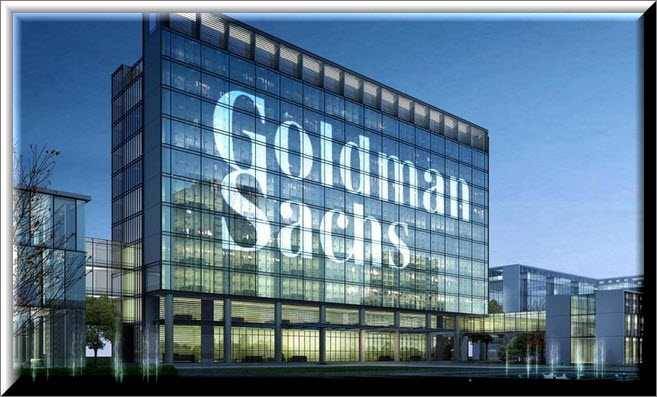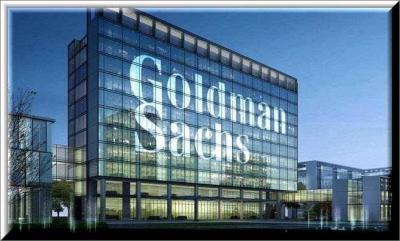Goldman Sachs Investment Bank ranked Lebanon 66th out of 74 emerging markets and 11th out of 12 Arab countries on its Environmental, Social, and Governance (ESG) Sovereign Index for Emerging Markets for 2024. Lebanon was ranked 63rd among emerging markets and 11th among Arab nations on the 2023 index. Based on the same group of countries surveyed in 2023 and 2024, Lebanon's ranking among emerging markets dropped by three places, while its regional ranking remained unchanged year-over-year.
The bank utilizes the World Bank's database for environmental, social, and governance indicators, complemented by variables from other sources to produce the index. The index comprises 26 variables divided into categories of environment, social conditions, and governance. Additionally, the bank calculates index scores by categorizing the environmental, social, and governance performance of each country on a scale from zero to ten, with a score of ten reflecting the best performance. A country’s overall score is the weighted average of the scores in the three categories.
The bank noted that rating agencies have increasingly considered environmental, social, and governance categories when conducting rating reviews and making decisions regarding sovereign funds. Higher environmental, social, and governance scores are generally favorable for sovereign ratings. Lebanon performed better on the ESG index than Ivory Coast, Cameroon, and Pakistan, while it performed weaker than Gabon, Ethiopia, and Zambia among emerging markets.
Lebanon scored 5.09 points on the 2024 index compared to a score of 5.3 on the 2023 index, and in comparison to an average score of 6.22 points for emerging markets and 5.9 points for Arab countries. Furthermore, Lebanon's score was below the average score of GCC countries, which stood at 6.37 points, and lower than the average score of non-GCC Arab states at 5.42 points.
In parallel, Lebanon outperformed Bolivia, Azerbaijan, and Bahrain, while trailing behind Trinidad and Tobago, Kuwait, and Indonesia among emerging markets in the environmental category. This component covers the country's current utilization of natural resources, pollution levels, energy consumption, along with environmental risks primarily associated with climate change. Lebanon ranked second following Bahrain, Oman, and Iraq.
In the Arab region, Lebanon outperformed Tajikistan, India, and Jordan, while ranking lower than Egypt, Venezuela, and Morocco among emerging markets. Regarding the social category, which studies inequality related to employment and access to essential resources like clean services, cooking fuel, and electricity, as well as health and nutrition levels of the population, Lebanon only surpassed Jordan and Iraq in this category. Additionally, Lebanon outperformed Pakistan, Iraq, and Tajikistan, but fell behind Egypt, Cameroon, and Nigeria among emerging markets in the 2018 index.




